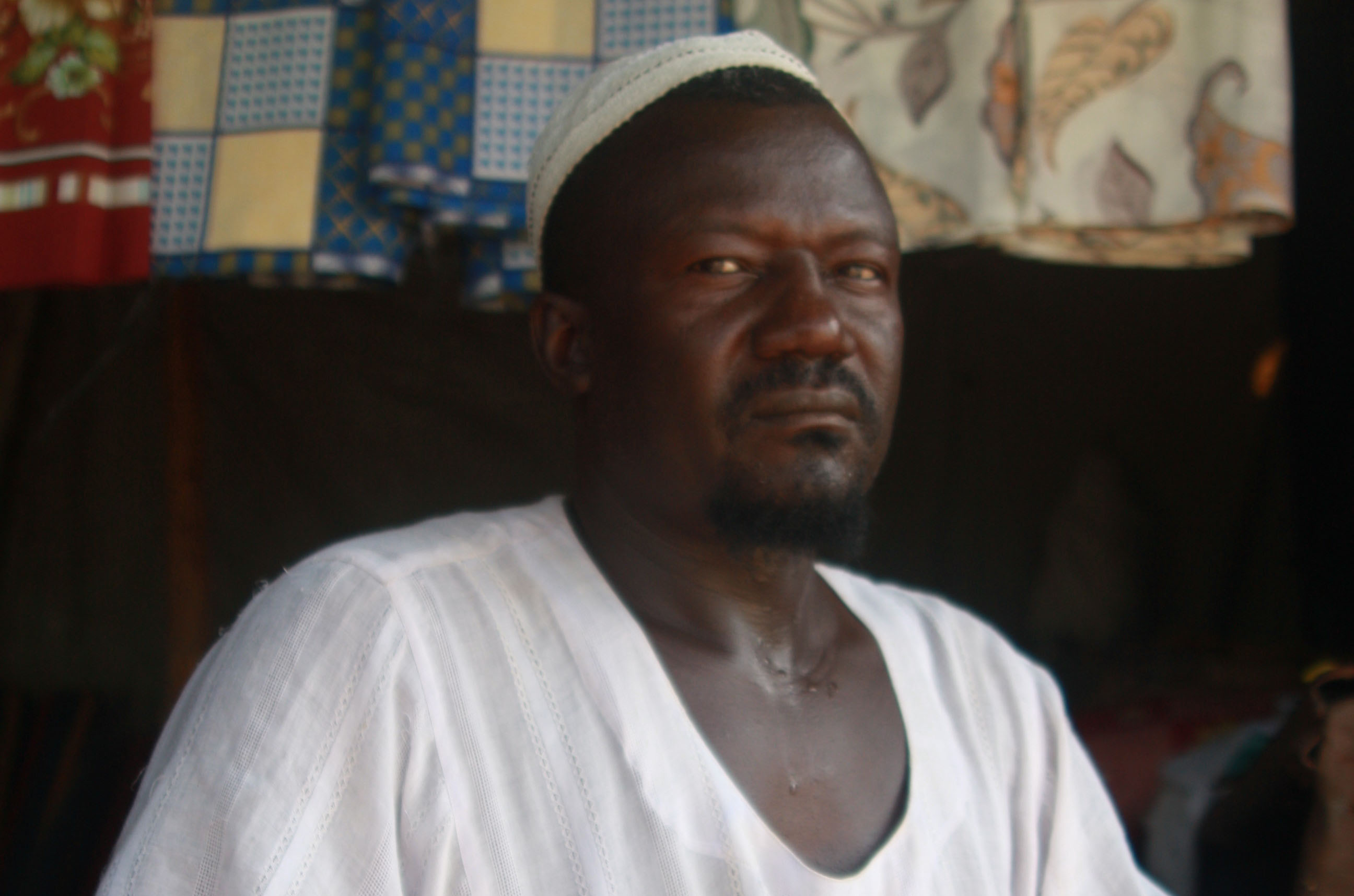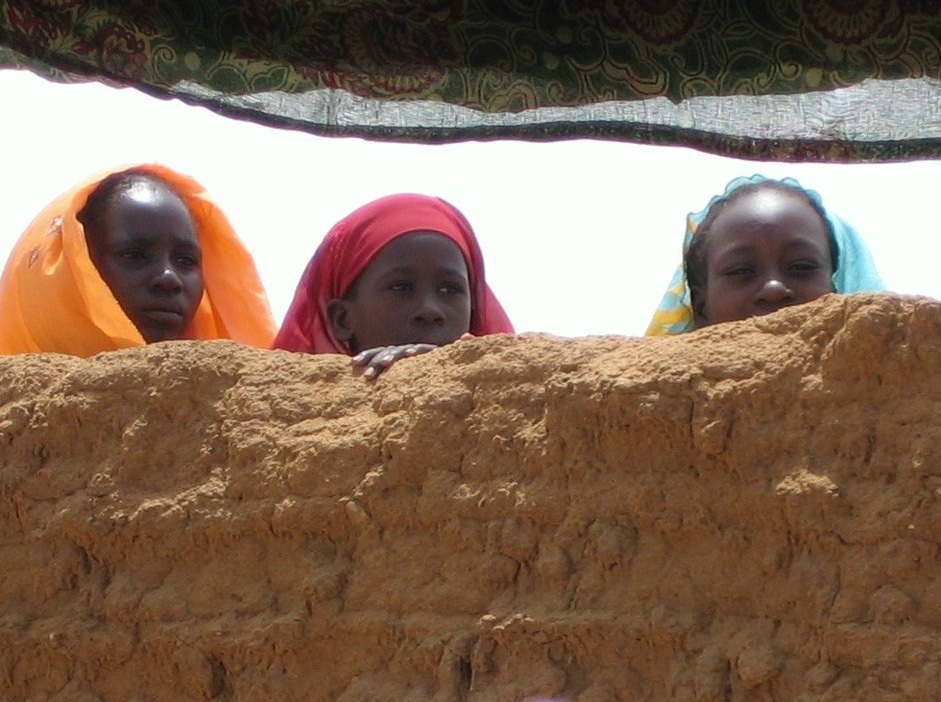
At a market stall in southern Sudan, Darfuri trader Omer Saleh, 45, turned up the volume on his small battery-operated radio. Radio Dabanga, he said, referring to the Dutch-based radio service that transmits Darfur news by local journalists through shortwave frequencies into Sudan, "is the only way I can know what is happening at home."
Half a world away in Brooklyn, Ahmad Nour, president of the Darfuri People's Association of New York, said that he listens to the Radio Dabanga broadcasts every day. "I download the two episodes and listen to them through the Net as soon as I finish work."
With the Sudanese government of President Omar Hassan al-Bashir routinely denying foreign journalists access to the conflict-ridden region of Darfur, and Sudan-based media being subject to government censorship, Radio Dabanga is now the only media outlet routinely providing uncensored information.
But on Oct. 30, Sudan's National Intelligence and Security Services raided the Khartoum office shared by Darfuri human rights activists and Radio Dabanga, arresting 13 people, of whom six were women. According to Radio Dabanga's Dutch-based director, Hildebrand Bijleveld, the detainees are being held incommunicado in unknown locations.
The first official acknowledgment of the arrests came last weekend with an intelligence official telling the state-run Sudanese media that "Radio Dabanga was working against Sudan, focused on inciting hatred among the people and aborting the peace process." Amnesty International has issued an alert, warning that the detainees are at risk of torture. "I think they have done this to intimidate those bringing out the story of what is really happening on the ground in Darfur," Bijleveld said.
Darfur, in the west of Sudan, attracted widespread attention in 2004 after the Bush administration declared that atrocities committed against Darfur's non-Arab population by the Sudanese government and its proxy militia, the Janjaweed, constituted genocide. In subsequent years an unprecedented constituency of advocates ensured that U.S. government attention stayed on Darfur. And the U.N. Security Council has issued multiple resolutions, including authorizing peacekeepers to deploy to the region, and referring the situation to the International Criminal Court.
These days, however, international attention is largely focused on southern Sudan in advance of two self-determination referendums (one for southern Sudanese and the other for residents of a north-south border area called Abyei) scheduled for Jan. 9. The referendums mark the final stage of a 2005 peace agreement that ended 22 years of war between the Sudanese government in the mainly Muslim north and rebels based in the mainly Christian and animist south.
In advance of the referendums, U.S. diplomats are working to ensure the voting proceeds peacefully and that the Sudanese government, faced with the prospect of losing its oil-rich southern territory, accepts what is widely expected to be a southern vote for independence. "Realistically, there is a finite amount of leverage the U.S. government has available in Sudan" says Jon Temin, Sudan program officer at the U.S. Institute for Peace, explaining that with the upcoming referendums there is less leverage for other issues such as Darfur. For Darfuri diaspora, the shift in international attention away from their homeland is frustrating. "Darfur is still hurting," Nour said.
Radio Dabanga broadcasts from Darfur in recent months paint a disturbing picture, with reports of civilians fleeing the government's aerial bombardments in the Jebel Marra area; the massacre of at least 49 civilians at a market in Tabra, North Darfur; government restriction of aid agencies' access to Kalma, one of the largest displacement camps in Darfur; government obstruction of UNICEF reporting on child malnutrition rates in Darfur; continuing sexual violence and fatal clashes among Arab fighters. Radio Dabanga is usually alone in issuing such reports.
The lack of information coming out of Darfur is not only due to Sudanese government restrictions on the media, but also a result of a general reduction in reporting by all of the external actors left in Darfur. In March 2009, Bashir expelled key aid organizations from Darfur after he was indicted on charges of war crimes and crimes against humanity, accusing aid workers of providing information to the International Criminal Court. Aid groups and the court have denied that assertion.
The expulsions have had a chilling effect on the remaining aid workers. "There is a high degree of self-censorship," explained one worker who was relocated from Darfur earlier this year but who asked for anonymity to protect her remaining colleagues. "People fear that if they talk about what they are seeing on the ground, they will get expelled as well."
Jehanne Henry, Sudan researcher at Human Rights Watch, says that the U.N. Office for the Coordination of Humanitarian Affairs stopped issuing public reports on Darfur in November 2009. UNAMID, the peacekeeping operation in Darfur, releases a monthly report of fatalities, but she says "the UNAMID mission does not - and cannot - provide us with a full picture of the situation in Darfur." Henry says this is partly because the Sudanese government denies UNAMID access to significant areas of Darfur, but also because the mission is no longer publicly reporting on the human rights and humanitarian situation.
"With no eyes and ears and in many cases no hands on the ground, the silence is eerie," said Susannah Sirkin, deputy director at Physicians for Human Rights.






